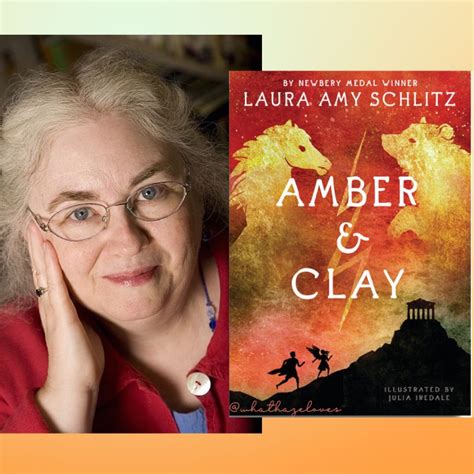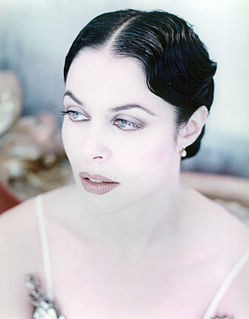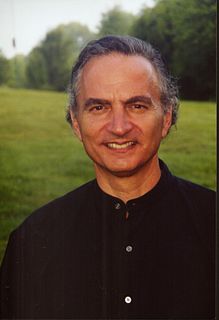A Quote by Patti Smith
The only parts I like out of any of those women books is the dirty parts. But I don't think their dirty parts are any good, really.
Related Quotes
The whole history of these books (i.e. the Gospels) is so defective and doubtful that it seems vain to attempt minute enquiry into it: and such tricks have been played with their text, and with the texts of other books relating to them, that we have a right, from that cause, to entertain much doubt what parts of them are genuine. In the New Testament there is internal evidence that parts of it have proceeded from an extraordinary man; and that other parts are of the fabric of very inferior minds. It is as easy to separate those parts, as to pick out diamonds from dunghills.
As an author, you think you know where the good parts and the bad parts are. And then you read to a group of children, and you learn when you're boring them, and you hurry through those sections to get to the parts where they're interested again. You start to get a sense of your story's rhythm and flow.
To me, the coolest riffs are composed of two guitar parts that interlock like gears. You need both parts to make whole. I work things out on an electric that's not plugged in to make sure a good tone isn't forgiving a part that couldn't stand up naked. Only after the parts are written will I struggle to find a tone that supports the creativity.
The soul consists of two parts, one irrational and the other capable of reason. (Whether these two parts are really distinct in the sense that the parts of the body or of any other divisible whole are distinct, or whether though distinguishable in thought as two they are inseparable in reality, like the convex and concave of a curve, is a question of no importance for the matter in hand.)
I find often in Hollywood there are many people who play themselves really beautifully. And certain parts are not that dissimilar from who you are as a person. And there are other parts where you would like to think that you have nothing in common with those characters, but you probably do have more than you think.
I remember going to him (Richard England) and saying, “You know, how come you don't give me any parts?” I did Raymonda and a couple of other nice parts, but mostly he was giving a lot of parts to the other girls. He said, “Those girls are short and they're not going to get into ABT, but I think you are going to get into ABT. I think you're going dance later, so I'm not worried about you.”




































